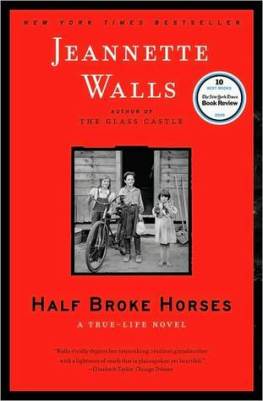
The world can be an unforgiving, ugly place, and Dennis Lehane does a good job depicting this while also portraying the mordant sense of humor law enforcement officers and police detectives sometimes have to adopt to deal with the darkness ‘out there’ as well as inside themselves. Still, there are some things being a hardened detective with a life time of seeing some hardcore shit under your belt can’t prepare you for- for Detective Patrick Mackenzie, the events of “Gone Baby Gone” are comprised of some such times.
I went into this book warily; I have minimal experience with mysteries of any kind, and I was afraid I wasn’t going to be able to follow the twists and turns that made up the novel’s plot (true, to some extent; recalling many of the intricacies of the story leaves me drawing a big fat blank.) Also, it is the fourth in a series, so I’m kind of starting in the middle of a continuing storyline. However, while the former had me perpetually confused (it should be a piece of cake for seasoned mystery readers though,) the latter did not distract me from the book, which is fairly stand-alone even among it’s predecessors and sequels.
The plot of “Gone Baby Gone” focuses on detective Patrick Mckenzie and his willful and beautiful partner/lover, Angela Gennaro, searching through Boston’s toughest neighborhoods for the abducted daughter of a neglectful addict mother. Not for the squeamish, it portrays the shadowy world of pimps, pedophiles, whores, and crooked cops in such a way that it will make you frown at humanity. Have we really evolved that much? Or we a not very funny joke God played on the hitherto unviolated earth?
I think Lehane particularly has a gift with character description, and providing character details so acute and well-observed that we can picture the creations he has offered up to us. The people making up this twisted urban world are frighteningly believable, with the possible exception of Leon and Roberta Trett, two over-the-top pedophiles; but even the sordidly kitschy moments admittedly have their place. In the search for little Amanda McCready, the two leads not only have to fret whether the’ll find her, but whether she’d be better off staying gone, possibly exposed to unspeakable horrors or maybe spared from a slow spiritual death at the hands of Helene, her selfish crack ho mother.
Sparing my visitors from major spoilers, I’ll just say that the ending really got me furious, in a good way (which is to say, the writing and plotting were not at fault.) After some seriously disturbing and shocking events existing within the plot, I was hoping I could be satisfied by an ending that seemed ‘right,’ just and appropriately comforting. But justice, as it turns out, is a double-edged sword. Would any other ending have seemed as contextually appropriate? Hell no. But I want my evildoers vanquished, my ending wrapped up, my protagonists making a final decision I don’t want to throttle them for.
I seriously wanted to kick Patrick in the nuts at the end of this book. He was a likable lead for the most part, but the final choice he makes is certainly not the one I would have picked. Then again who knows, if I was placed in a crazy situation like that? The compelling thing about the conclusion is it isn’t a simple showdown between good and evil. Both decisions have consequences, and both sets of consequences will hurt someone regardless of how carefully the final course of action is chosen. Am I fit to judge? No, probably not, but I still want to kick him in the nuts.
“Gone Baby Gone” is a quietly harrowing look of police officers working child abuse cases who often have to stand by powerlessly, even impotently, lacking the power to save damaged young people in the face of a broken system. Does society owe the Amanda McCreadys of the world to provide them with a safe place to live, to protect them from the monsters and molesters as well as the coked-up fuck-up living in their own home? Can we be expected to take on the responsibility of every such child? Are some of these kids beyond help? Toeing the line between popular fiction and literature, “Gone Baby Gone” offers a fresh, even occasionally funny voice in Patrick Mckenzie and a suspenseful plot.











